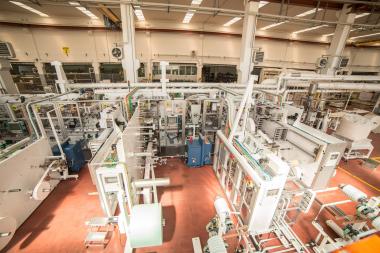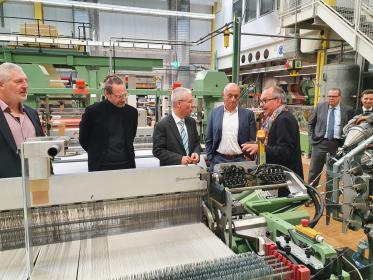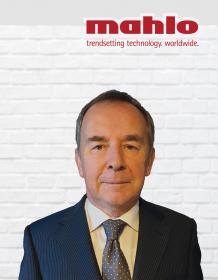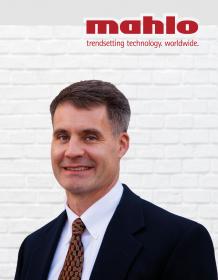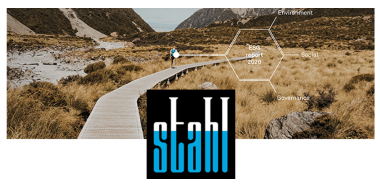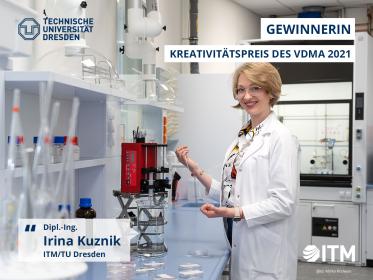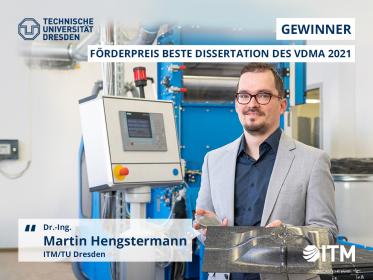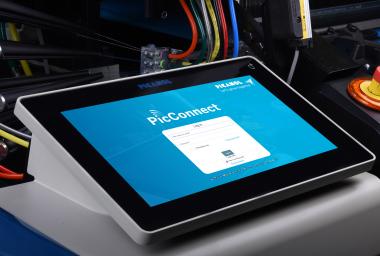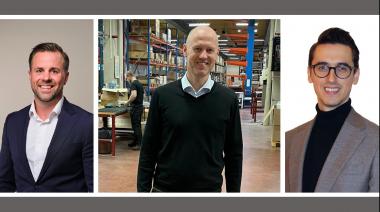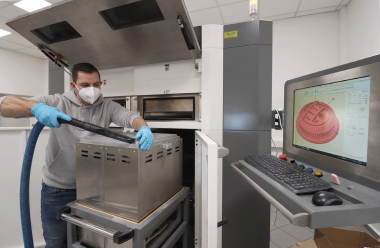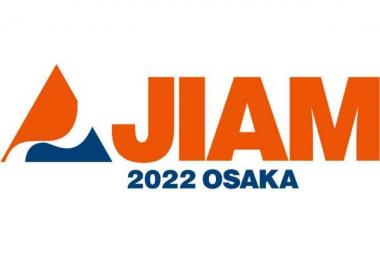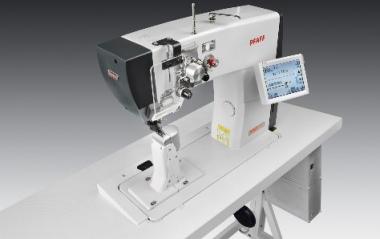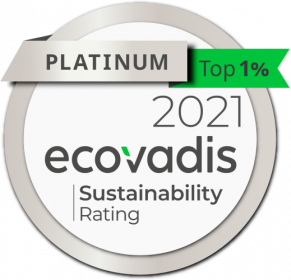ANDRITZ: Two baby diaper lines to Fouani, Nigeria
International technology group ANDRITZ has received an order from Fouani, Nigeria, to supply two baby diaper lines for its facilities in Lagos. The lines will produce a wide range of diaper products with absorbent cores made of pulp and SAP (super absorbent polymer). Start-up is scheduled for 2022.
Fouani Nigeria Ltd was established in 2001 as a subsidiary of the Fouani Group of Companies. The company has grown to be a pioneer and the sole distributor of LG, Hisense, and Maxi products in Nigeria, Africa, thus winning several awards for its proactive market penetration.
The two baby diaper lines feature the most advanced forming technology for the absorbent core and SAP dosing.The lines are equipped with a web tensioning control system and quality check devices to ensure a high level of production quality. In addition, ANDRITZ will provide services for installation and start-up of the machines.
Andritz AG


